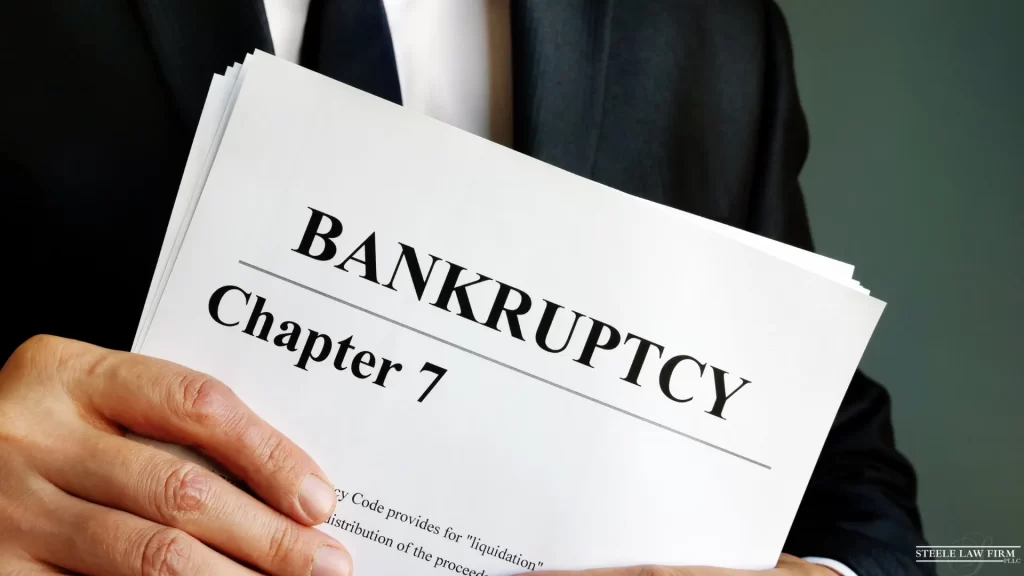Foreclosure can be incredibly stressful for a homeowner. However, it is essential to know that homeowners have rights in the foreclosure process so you can make sure those rights are protected and, in some cases, may even be able to stop a foreclosure. So, what are the foreclosure laws in Texas? Read on to learn everything you need to know about foreclosure in Texas and how you can take action.

When an individual purchases real estate like a home, it is common to get a loan, and as part of that process, the buyer signs a contract promising to repay the lender per the terms outlined in the contract. If the buyer defaults on the loan–meaning, they fail to make the payments as agreed–the lender has the right to take back the property and sell it to pay off the remainder of the loan. This process is called foreclosure.
The types of foreclosure in Texas are judicial foreclosure and non-judicial foreclosure. Each kind has its own legal process that has to be strictly followed.
In judicial foreclosure, the lender is required to get a judgment from the courts before it can foreclose on the property. This kind of foreclosure is rare in Texas and is generally used in cases that deal with home equity loans, reverse mortgages, or tax issues. The legal process for this is similar to other civil cases. The lender must file paperwork with the courts, and the borrower receives a copy.
In non-judicial foreclosure, which is also known as a power of sale foreclosure, the borrower and lender do not have to go to court. This is the most common kind of foreclosure. The lender is required to give the buyer notice of their plan to take action, and the buyer has at least 20 days to pay their owed amount or make another arrangement for payment with the lender. If the borrower does not resolve the problem, the lender is then entitled to sell the property.
In the US, foreclosures were down 6% overall in 2024. Texas had the third highest number of total foreclosures, 28,946, with only Florida and California having more.
Foreclosure laws can be different for homes than they are for other kinds of properties, such as commercial properties that have tenants. For homes, a homeowner has certain rights when it comes to the foreclosure process, including:
It is important to know that a lender can't take a borrower to court for defaulting on a home loan until they have completed the foreclosure process and have sold the property to recover what they were owed. In other words, a mortgage company can't take a homeowner to court for the debt and foreclose at the same time. A trusted Fort Worth foreclosure attorney can help you determine which options are right for you.
Once foreclosure begins, a homeowner has several options. You are not required to try to stop a foreclosure, for example. You can choose not to take any action and let the lender foreclose without any additional legal problems, although you may still be liable for the remainder of the loan after the home is sold. There are also several options that can often allow a homeowner to keep their home, including:
A: How long it takes to foreclose on a house in Texas depends on several factors, such as whether the Foreclosure is judicial or non-judicial, and can vary from one case to the next. The homeowner is often able to delay the process by arranging payment plans and other loss mitigation alternatives.
A: Yes, in many cases, you can stop foreclosure once it begins. Homeowners are guaranteed certain protections that allow them to pay the amount they owe and stop the foreclosure process up until the date of the sale. You may also have other alternatives, like forbearance or loan modification, that can stop the foreclosure process.
A: Yes, a lender is required to notify a borrower when the foreclosure process begins. They are also required to give the borrower an opportunity to cure the debt, which can stop the foreclosure process. When a lender moves to the next phase of a foreclosure, they are also required to notify the borrower. If a lender does not notify the borrower of the actions they take, the borrower may have grounds for a legal claim.
A: The 120-day rule for foreclosure means that a mortgage company or lender is not allowed to start the foreclosure process until the homeowner has not paid their regular payments for 120 days. This is intended to give borrowers a chance to apply for mortgage assistance, also called loss mitigation, for the greatest chance possible of being able to stay in their home.
Steele Law Firm, PLLC, is committed to helping homeowners find personalized solutions to foreclosure. Contact our office today to schedule an initial consultation and explore legal options.




